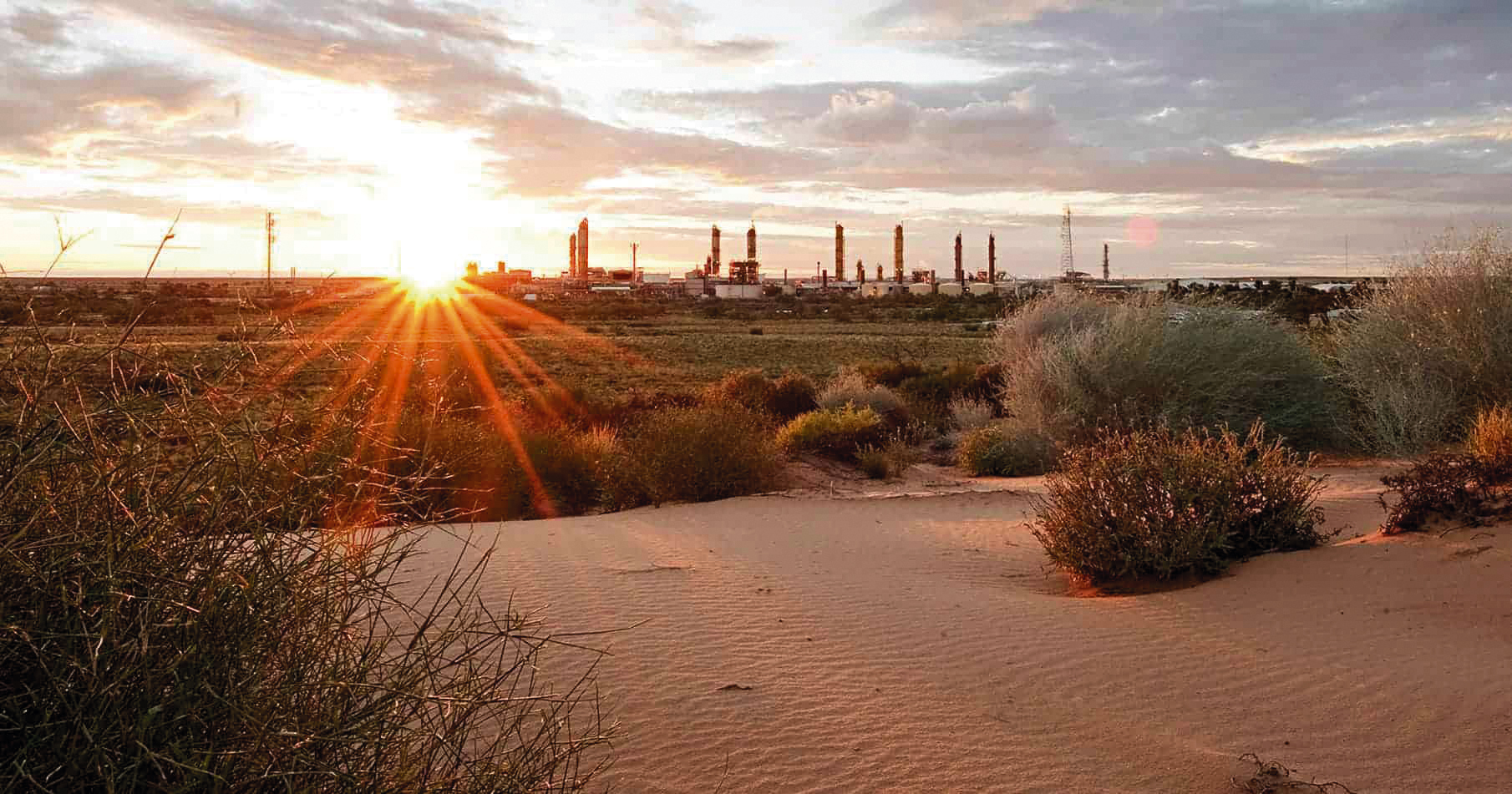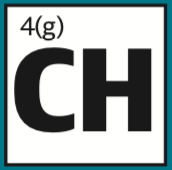Energising South Australia
Whether for cooking, heating or keeping businesses running, the oil and gas industry is what helps keep our country going
When a cold snap unexpectedly hit Victoria last month, millions of people working from home during the COVID-19 lockdown switched on their heaters. Demand for energy surged by 30 per cent. That’s when Daniel Grant’s team got to work, ensuring gas from South Australia was able to reach consumers across the state – and keep them toasty warm.
Grant is Santos’ manager of marketing and trading, overseeing a team selling gas to SA, NSW, Queensland, the Northern Territory and Tasmania.
“We deliver gas to customers across the manufacturing industry, mining industry, what I call the utilities – which is gas-powered generation and retail electricity – as well as the LNG (liquefied natural gas) sector,” he says. His Adelaide-based team ensures Santos gas is sold to “the doors of mines, power stations, manufacturing plants and all the short-term trading markets”.
Next time you turn on your stove to cook, chances are the gas came out of the ground at Santos’ operation in the Cooper Basin, through the Moomba plant and down the pipeline to homes in Adelaide. Grant, who has a business/law background, came to the trading role via an unlikely route. “I started with Santos 10 years ago, as a kid, in recruitment and HR,” he says. “And through a bit of luck and hard work, got an opportunity about seven years ago to transition into what we call the commercial operations part of our business.
That’s the part that joins up the entire gas supply chain, from the molecule being produced, going through all the infrastructure,
like the plant and the pipe, and being delivered to customers and markets.

 METHANE
METHANE
Did you know that methane is the primary component of natural gas, which features heavily in our everyday lives, from shampoo to kidney dialysis machines. Natural gas is used to produce fertilisers, plastics, polymers, paints and dyes. Oil is in the asphalt of our roads, and the feedstock for a huge range of plastics and synthetic materials.
“A lot of what’s good in my life, professionally and personally, I owe to Santos as a company.”
He credits supportive leaders with nurturing his potential. “It’s not often you get the opportunity to change the direction of a career 10 years into it after uni,” he says.
Last year, Santos offered Grant and his family the opportunity to move from Brisbane to its head office in Adelaide, and he has relished the chance to learn a new part of the business.
His colleagues are from diverse backgrounds – there are even a few aerospace engineers helping him sell gas – and he is full of praise for them, saying they are always ready to swing into action when demand surges, even at weekends. By meeting demand as it’s needed, they help avoid blackouts and ensure large manufacturers throughout the state, with thousands of employees, don’t have to shut down due to lack of supply.
“I work in a team that’s responsible for ensuring all the gas that’s in the Cooper (Basin) and flows through Moomba makes its way to our customers, so they get their gas to run power stations, to run manufacturing plants, to keep mines running,” he says. “And another part of my team’s responsibility is for meeting excess demand on a day in the market.” Before working for Santos, Grant never put much thought into how his home was powered. Now, he enjoys seeing the big picture.
“That’s really fascinating, thinking about a physical molecule of gas making its way out of the field all the way into a light turning on,” he says. “There’s a lot of work and energy that goes into getting a light turned on at home.”